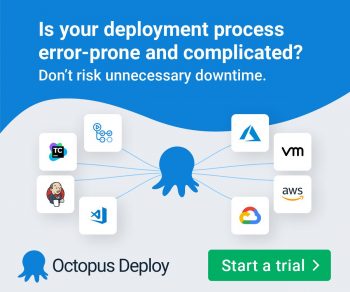There are many questions that adult learners are asking themselves when seeking to build new skills. What is the contrast between online/virtual learning vs. in-person learning? What does an online course offer that an in-person course doesn’t? As a corporate trainer and facilitator for various organizations, I know firsthand the challenges around adult learning. However, I will break down some of the techniques to help adults learn; especially when it comes to e-learning and technology. Most importantly, I will explain why a little “PLAY” goes a long way in maximizing adult learning.
First, let’s explore the word “Andragogy”, it simply means any form of adult learning. This term was coined by Malcolm Knowles but first used in 1833 by a German educator. This theory assumes five things about the adult learner. It assumes that when a person gets older, they are more self-directed, and their lived experience becomes a resource for learning. It also assumes that an adult’s readiness to learn is parallel to the task of their jobs and social roles. Lastly, it assumes the adult learner wants to spend their time learning something that aids in solving a problem and their time is of the essence. This theory is wrapped up with an understanding that the motivation to learn becomes intrinsic, rather than something someone told us we must do.
As a trainer I am constantly thinking about how my training sessions can improve a situation for my clients or help them achieve the desired business goals. But what is equally important to me is, how can this training be so engaging and entertaining that participants feel emotionally connected to the content. The only problem that I can see is, and this is coming from a person with undiagnosed ADHD, even if I am motivated to learn the topic, what’s going to keep me interested and entertained.
While I love learning and facilitating trainings in-person, as it offers you the opportunity to be close and personal with the session facilitator, I am also a proponent of e-learning. In-person allows the facilitator to easily shift if they notice the class is heavy with tactile kinesthetic learners, visual learners, or audible learners. In short it allows you to read the room! In-person learning allows you to build personal connections, minimize outside distractions. If done well, it permits the learner and the facilitator to directly see the effectiveness of the participants learning experience.
When it comes to e-learning the primary benefit is it removes any barriers related to location. It offers the ability of self-directed learning and the opportunity to choose topics relevant to your needs and interests. You can be practically anywhere and participate in the learning experience. In some cases, you can customize training plans that compliment what you don’t already have in professional or personal experience. One of the most important things that e-learning gives you is the gift of time. No need for long introductions, just right-to-the-point learning that allows you to discover things for yourself while being guided by the noted objectives.
None of these things alone will keep an adult interested if the course isn’t designed to be a little fun! Even in a self-guided e-learning course you can introduce activities that enables engagement that feels like “PLAY”. PLAY is an acronym that I created for Practicing Leadership and Authenticating You. For example, try some fun opening interactive activities that gages listening skills. Let’s try it! Grab a piece of paper and write down the following things: draw a rectangle, another rectangle, two lines, a circle, a triangle and two more lines. Did you get a fish inside a fish tank, were you reading properly. I bet you would love to see how I got that from those instructions. You can also try activities that perpetuate assumptions, so the learner can consider their feelings, behaviors, and values throughout the training. Funny videos woven throughout the training also add some fun by allowing the learner to practice and exercise different leadership abilities. It further assists to authenticate who they are as a leader and who they want to be.
If you are seeking some online learning courses for your staff, teams in your organization or for yourself, here are some things I highly recommend you look for before choosing the e-learning option. Choose a course that is easy to navigate and visually pleasing to participants. While adult learners are self-directed, explaining certain concepts, functions, and operations is still important. Ensure that the course appeals to various learning styles, and that the content is task oriented. We are not memorizing ABC’s; we need to experience the learning so we can add the learning to our experience. The content should allow adult learners the freedom to take the information they’ve learned and use it as building blocks to build many different things from the information. E-learning should not be boring but feel unconventional because for a long time it was. It should be interesting and engaging throughout. Almost like a mini recess from your daily duties. A little “PLAY” goes a long way as it allows the participants to reengage and refocus. I believe anyone can learn online, but these ingredients must be present.
It was my intent to make the time you spent reading this article worthwhile by providing you with information that you can apply to varies things. I hope that while you were learning something the learning was also enjoyable. When I asked the question, “is online learning andragogy or child’s play”, I have to also ask, why can’t it be both!

















